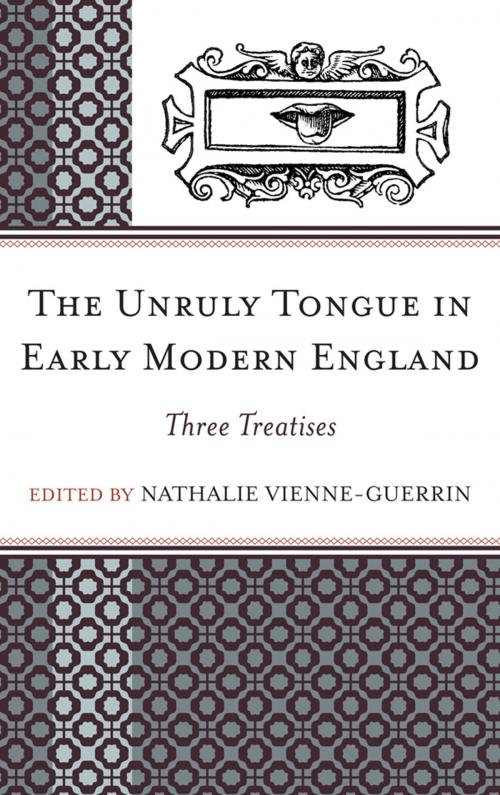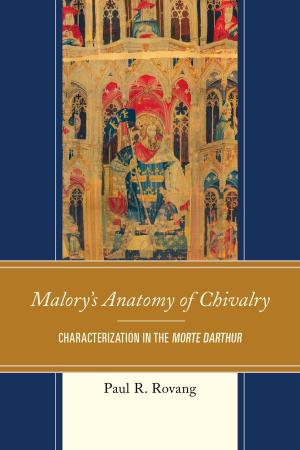The Unruly Tongue in Early Modern England
Three Treatises
Fiction & Literature, Literary Theory & Criticism, British| Author: | Nathalie Vienne-Guerrin | ISBN: | 9781611474701 |
| Publisher: | Fairleigh Dickinson University Press | Publication: | March 1, 2012 |
| Imprint: | Fairleigh Dickinson University Press | Language: | English |
| Author: | Nathalie Vienne-Guerrin |
| ISBN: | 9781611474701 |
| Publisher: | Fairleigh Dickinson University Press |
| Publication: | March 1, 2012 |
| Imprint: | Fairleigh Dickinson University Press |
| Language: | English |
The Unruly Tongue in Early Modern England is a scholarly edition of three early modern treatises on the unruly tongue: Jean de Marconville, A Treatise of the Good and Evell Tounge (ca.1592), William Perkins, A Direction for the Government of the Tongue according to Gods worde (1595), and George Webbe, The Araignement of an unruly Tongue (1619). “The tongue can no man tame” says the Bible (James 3:8), and yet these texts try to tame the tongues of men and tell them how they should rule this little but essential organ and avoid swearing, blaspheming, cursing, lying, flattering, railing, slandering, quarrelling, babbling, jesting, or mocking. This volume excavates the biblical and classical sources in which these early modern texts are embedded and gives a panorama of the sins of the tongue that the Elizabethan society both cultivates and strives to contain. Vienne-Guerrin provides the reader with early modern images of what Erasmus described as a “slippery” and “ambivalent” organ that is both sweet and sour, a source of life and death.
The Unruly Tongue in Early Modern England is a scholarly edition of three early modern treatises on the unruly tongue: Jean de Marconville, A Treatise of the Good and Evell Tounge (ca.1592), William Perkins, A Direction for the Government of the Tongue according to Gods worde (1595), and George Webbe, The Araignement of an unruly Tongue (1619). “The tongue can no man tame” says the Bible (James 3:8), and yet these texts try to tame the tongues of men and tell them how they should rule this little but essential organ and avoid swearing, blaspheming, cursing, lying, flattering, railing, slandering, quarrelling, babbling, jesting, or mocking. This volume excavates the biblical and classical sources in which these early modern texts are embedded and gives a panorama of the sins of the tongue that the Elizabethan society both cultivates and strives to contain. Vienne-Guerrin provides the reader with early modern images of what Erasmus described as a “slippery” and “ambivalent” organ that is both sweet and sour, a source of life and death.















